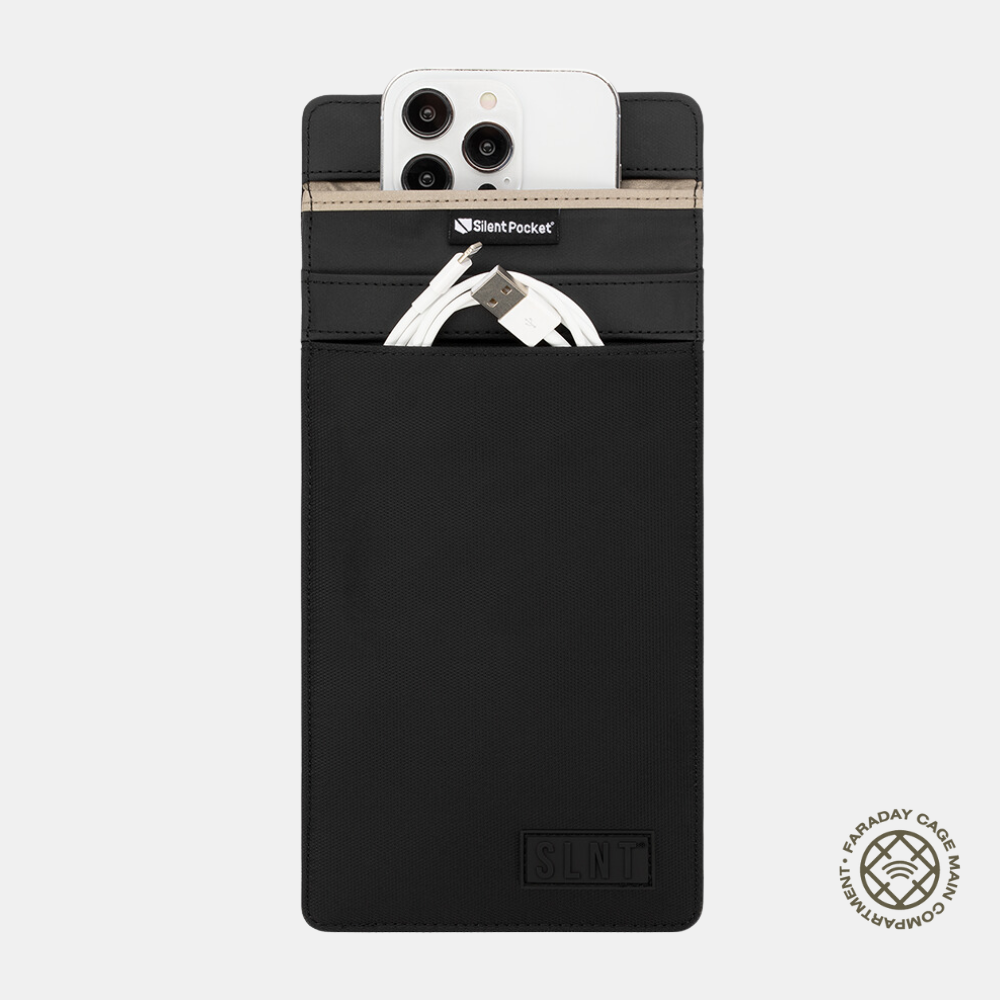Shop
Is Bit Chat the New Signal? Or Something Bigger?

The Next Frontier of Messaging Might Be Closer Than You Think
Imagine sending a message with no internet, no cell signal, and no servers in between—just you, your phone, and a Bluetooth connection to someone nearby. That’s the promise behind Bit Chat, a new decentralized messaging app being built by Jack Dorsey and the team at Blocks, Inc.
It’s peer-to-peer. It’s offline. It’s censorship-resistant. And it might be the biggest shake-up in digital communication since Signal hit the scene.
What Is Bit Chat, Exactly?
Bit Chat is not just another secure messaging app. It’s designed to function without the cellular grid, using Bluetooth mesh networking to relay messages from device to device. That means you can communicate with people—even across long distances—without needing WiFi, cell towers, or satellites.
Think of it like a human-powered message chain: your phone passes the message to the next person within Bluetooth range, and so on, until it reaches the destination. Every phone becomes a node in the network.
No servers. No metadata. No central point of failure.
Why Bit Chat Matters
Most encrypted messaging apps (like Signal, or Telegram) still depend on central servers or phone numbers. That means you’re still relying on Big Tech infrastructure to communicate—even if your messages are encrypted.
Bit Chat flips that on its head.
Here’s why that matters:
- Censorship Resistance: No central servers = no one to shut it down.
- No SIM Card Needed: Your phone number isn’t tied to your identity.
- Complete Anonymity: Messages hop from device to device, metadata-free.
This isn’t privacy hype—it’s true digital independence.
Bit Chat Isn’t Just for Messaging—It Moves Bitcoin Too
Bit Chat isn’t just changing how we communicate, it’s also changing how we move money.
Right now, the app is in beta and open to the public to send Bitcoin transactions completely off-grid. It doesn’t hold your coins or sign your transaction. Instead, it relays your pre-signed Bitcoin transaction across its Bluetooth mesh network until it reaches someone with internet—and gets broadcast to the blockchain.
No bank. No app store. No surveillance.
Just peer-to-peer payments, powered by proximity.
It’s not just secure chat. It’s peer-to-peer finance that works when everything else is down.
Another layer. Another reason this thing has the potential to disrupt.
Here’s how it works:
- Users prepare a signed Bitcoin transaction in their regular wallet (Bit Chat isn’t a wallet—it’s the courier).
- That signed transaction is then passed via Bluetooth mesh hops to nearby devices until it hits one with internet access—then it gets broadcast to the Bitcoin network.
Why this matters:
- Payments without infrastructure. When the grid is down, your cash vanishes. But pre-signed sats hop through proximity. Emergency barter? Local transfers? Bit Chat has you covered.
- Freedom from surveillance. No phone number. No account. No Wi-Fi. Just encrypted transaction payloads, routed peer-to-peer.
- True peer-to-peer financial mesh. Messaging and money on the same off-grid rails.
Heads-up on limitations:
- Delivery depends on someone eventually touching the internet. If your sats get stuck in the mesh—no broadcast, no confirmation.
- It doesn’t generate or sign transactions. You must use an external wallet to create the transaction first.
- Best in locally dense networks. Out in the sticks? Transaction may never move.
What’s the Catch?
Bit Chat is available for Android & iOS. The concept is powerful, but Bluetooth mesh networks have limitations: short range, slower speeds, and lower adoption. For Bit Chat to thrive, it needs users. Lots of them. Like any mesh network, it only works if enough people are part of the chain.
And while Signal still leads in secure, encrypted messaging at scale, Bit Chat isn’t trying to compete with Signal on traditional terms. It’s building something different. Something more radical.
Bit Chat vs. Signal: A New Kind of Privacy?
| Feature | Signal | Bit Chat |
|---|---|---|
| Server-based | Yes | No |
| Requires Phone # | Yes | No |
| Internet Required | Yes | No (uses Bluetooth) |
| Decentralized | Partially (Signal server) | Yes (fully peer-to-peer) |
| Encryption | End-to-end | End-to-end (planned) |
Signal is still the gold standard for encrypted communication—but Bit Chat may become the go-to when you don’t want to—or can’t—connect to the towers & satellites at all.
Why This Fits the Times
People are waking up to the trade-offs of convenience. Every ping, every app, every message is part of a growing surveillance economy. In this climate, privacy isn’t a niche—it's a necessity. And communication tools like Bit Chat are becoming part of that new toolkit.
We built SLNT for this exact reason: to put control back in your hands. Bit Chat does the same—by giving you a way to speak freely, even when the system fails or shuts you out.
Final Thought: This Is Just the Beginning
Bit Chat might not replace Signal overnight—but it could complement it in critical ways. It’s not about being the next messaging app. It’s about building the infrastructure for freedom, one device at a time.
So don’t wait for the network to grow—be part of building it.
Talk freely. Control your signal.
Recent Articles
Newsletter
Join Our Community: Privacy, Security, Health Updates



